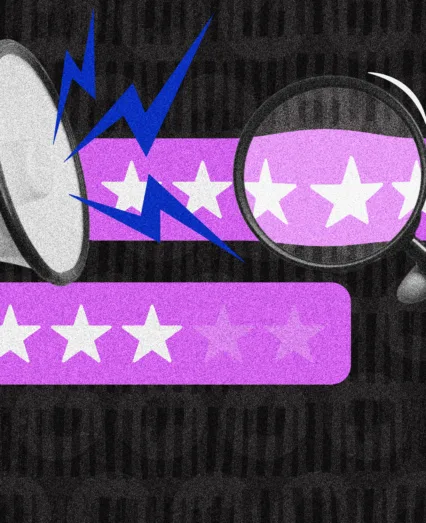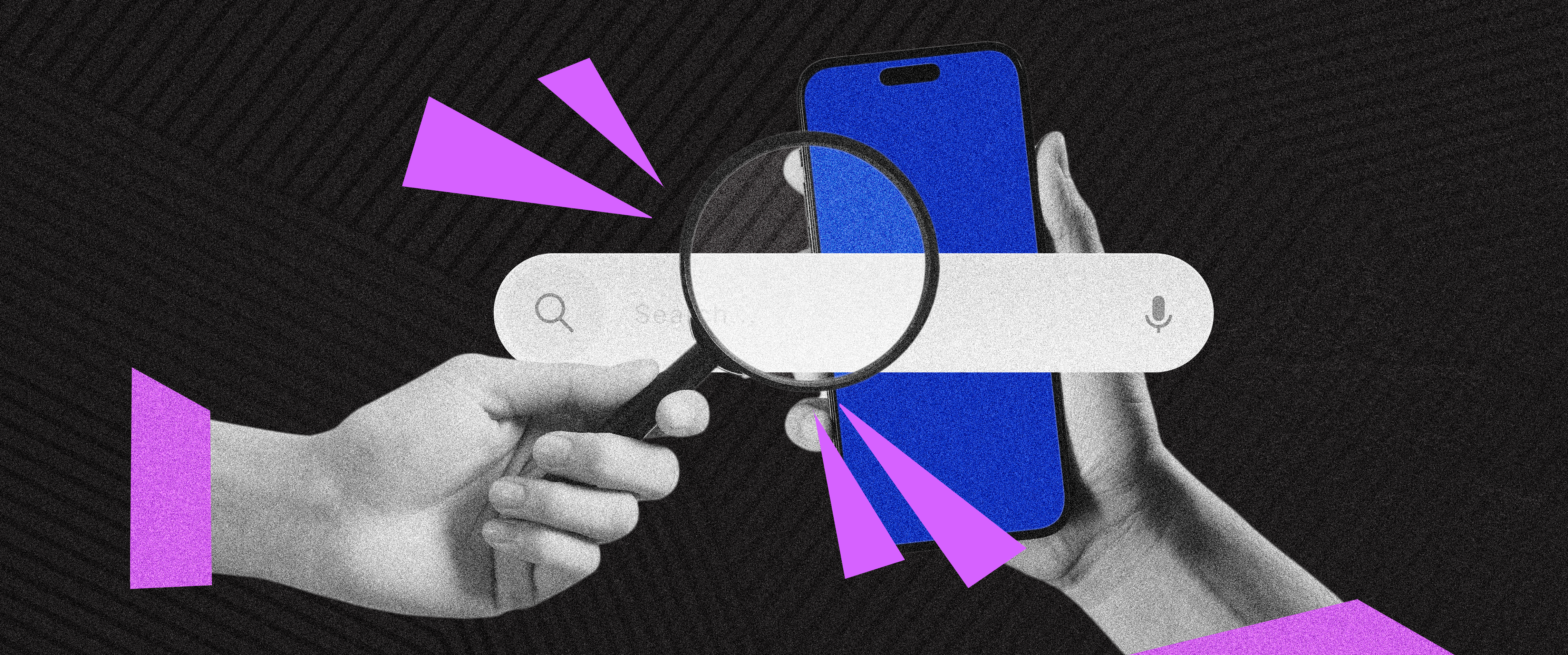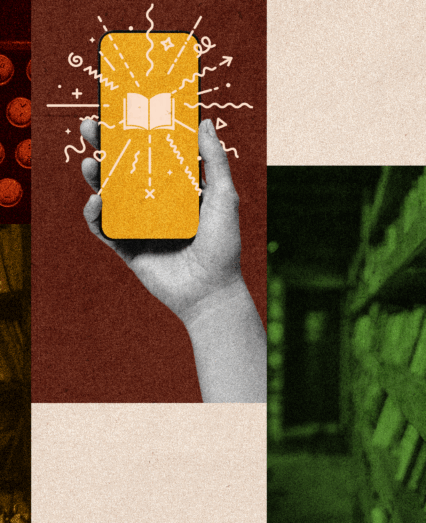It’s wild to think we are constantly monitored. Whether or not people want to believe it, we are always under some form of surveillance. A world of privacy is now a digital spectrum of showcasing anything and everything over the good ol’ world wide web. For some, the thought of “I don’t have anything to hide” may very well be the case. However, scenarios thought by many to be hidden can now be the latest viral video or topic of the 11 o’clock news.
The @mentions, screenshots, and beloved receipts (thanks, Kim and Kanye) have changed the game in online discourse. Celebrity feuds, political sprawls, and more become dinnertime discussions.
We always want to catch the bad guy. But sometimes the bullying and intolerance is a cat and mouse game over a screen. In this case – a phone or computer. Recognition over social media platforms is becoming a new norm. Internet users have become almost spy—like in certain cases to find suspects. It could be someone you grew up with, worked with, or even know on a personal level.
But, once these “bad guys” are caught and plastered over social media are they truly being served the justice they deserve?
Racial Injustice Recognition: #Caught
Have you ever been in a situation where you wished you had your phone to capture a moment? This could be spotting a celebrity, seeing a beautiful sunset, or seeing something crazy. But, it could also be for a situation where your personal privacy, lifestyle, or beliefs are being threatened. We’ve seen this before with leaked Snapchat videos, Facebook Live videos, and Twitter threads.
Let’s talk about Charlottesville.
This angry young man is Peter Cvjetanovic, a student at @unevadareno pic.twitter.com/7rLGJkcT3o
— Yes, You're Racist (@YesYoureRacist) August 12, 2017
Twitter account Yes You’re A Racist began calling out members of alt-right groups during the Charlottesville rallies, using the hashtag #ExposeTheAltRight. This was a chance for online recognition across a platform followed by more than 408,000 people.
If can identify any of the white supremacists/nazis in photos from yesterday, tell @YesYoureRacist. And look at his feed for photos.
— Kurt Eichenwald (@kurteichenwald) August 13, 2017
The hashtag started trending, and an online conversation began where Twitter users started identifying and exposing individuals. Members who were exposed online lost their jobs, and as other results were angry about their exposure.
Did You Learn Your Lesson?
As Justin Bieber once asked, “Is it too late now to say sorry?” Many times, when we’re being apprehended, we tend to quickly apologize and counterpoint our original action. So when you make a comment based on class/race/privilege and get caught, what happens?
For Joel Osteen and his Lakewood Church in Texas, facing online scrutiny for closing their doors on Hurricane Harvey victims led to a public apology and opening of church space. The question arises — what would you have done if no one criticized you to begin with? Do actions get excused when they’re not met with criticism?
Back to Charlottesville: many white supremacists were exposed on social media. However, there were some slipups in the process. A University of Alabama professor, Kyle Quinn, was accused of being one of the participants in the rally held on University of Virginia’s campus.
This isn't KYLE QUINN .:. Who is he ??? #Namethenazi ???? .:. pic.twitter.com/8P6pNlukeC
— WealthSquadWaxGod.:. (@YoungWaxGod) August 13, 2017
After facing online backlash, Quinn spoke out to admit “The individual who wore an engineering shirt in #Charlottesville is not me. I proudly support a diverse environment at U of A.” To clarify even further, Quinn explained his physical presence during the Charlottesville events:
I was at an event in Bentonville, AR with faculty members and university administrators on Friday during the horrible events in Virginia.
— Kyle Quinn (@QuinnLab_UofA) August 13, 2017
Logan Smith, the owner of the @YesYoureARacist Twitter account never issued a formal apology and is “willing to risk a mistake to speak out” about the members of the event.
Now let’s talk about Louise Linton. She’s wife to U.S. Treasury Secretary Steven Mnuchin. The happy couple were snapped in a photo for Linton’s Instagram, showcasing their arrival home from a trip on a government airplane. A 45-year-old woman named Jenni Miller, @jennimiller29, made a comment about being “glad we could pay for your little getaway. #deplorable.”
Well, Linton wasn’t having any of it. Her comment back to Miller started with “Did you think this was a personal trip?!” She went on to add how her and her and Mnuchin paid more taxes for their trip than Miller ever would and that she should “Go chill out and watch the new game of thrones.” Ouch.
Naturally, Linton made her Instagram page private and issued an apology.
Let’s Keep It Real
At the end of the day, people should not do bad things. Point blank. Period. But, this world is not perfect. Bringing transparency to inequality, injustice, and overall wrongdoings through digital spaces is not necessarily a do, but a must. When character judgement comes into play… well that’s up to the public figures themselves.
Taking down comments, terminating or making profiles private, issuing public apologies, etc. are all far too typical responses at this point. So, shame if you must. There will always be backlash, but it is up to the shamer to decide if it’s worth the shaming.


